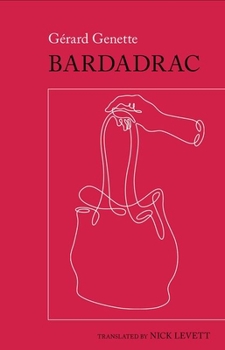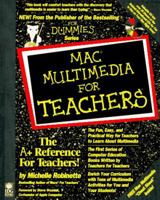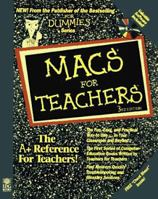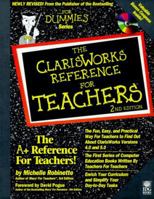Bardadrac
Select Format
Select Condition 
Based on Your Recent Browsing
Book Overview
Here is an unexpected G rard Genette, looking back at his life and time with humour, tenderness and lucidity. 'Bardadrac' is the neologism a friend of his once invented to name the jumbled contents of her handbag. A way of saying that one finds a little bit of everything in this book: memories of a suburban childhood, a provincial adolescence and early years in Paris marked by a few political commitments; the evocation of great intellectual figures, like Roland Barthes or Jorge Luis Borges; a taste for cities, rivers, women and music, classical or jazz; contingent epiphanies; good or bad ideas; true and false memories; aesthetic biases; geographical reveries; secret or apocryphal quotations; maxims and characters; asides, quips and digressions; reflections on literature and language, with an ironic take on the medialect, or dialect of the media; and other surprises.
At the intersection, for instance, of Flaubert's Dictionary of Received Ideas, Ambrose Bierce's Devil's Dictionary, Renard's Journal, Roland Barthes' Roland Barthes and Perec's I Remember, this whimsical abecedarium invites you to stroll and gather.
G rard Genette (1930-2018) was research director at the cole des hautes tudes en sciences sociales in Paris, and visiting professor at Yale University. Cofounder of the journal Po tique, he published extensively in the fields of literary theory, poetics and aesthetics, including, in English: Narrative Discourse: An Essay in Method (1980), Figures of Literary Discourse (1982), Fiction and Diction (1993), Mimologics (1995), Palimpsests: Literature in the Second Degree (1997), Paratexts: Thresholds of Interpretation (1997), The Work of Art: Immanence and Transcendence (1997), The Aesthetic Relation (1999), Essays in Aesthetics (2005).
Customer Reviews
Rated 5 starsInteresting history...
This was an interesting read. Napolitano is a Fox News Contributor who is an advocate of interpreting via natural law and reading the Constitution literally for it's intended meaning. As a result, the Fox News bashers will tend to ignore the book but it's worthy of their attention too because the leftwing liberal idea of reinterpeting the Constitution for today is what lead to legislation like the Patriot Act. In an unbiased...
1Report
Rated 5 starsCan we turn this enormous ship around and get it sailing in the right direction?
Judge Andrew Napolitano cares about the US Constitution. A lot. And he is concerned that both individual and state rights which have been eroded already, and are being abridged more, will not come back. This concern comes through loud and clear in each and every chapter. To Judge Napolitano, the US Constitution is not a "living" thing; rather, it is a document which is unassailable and incontrovertible in its protection...
0Report
Rated 5 starsHow did we get here - to this federal Leviathan?!!!
Have you ever wondered: How or why it is a "federal issue" how big your toilet bowl is, or how fast you drive your car? Why does the "federal" Congress decide what your own state's drinking age is? Why does Congress purport to regulate whether Major League Baseball allows steroids or not? Why should the "federal" government bail out bankrupt savings and loans when other bankrupt business must just suffer the slings and...
0Report
Rated 5 starsThe Overthrow of the US Constitution, America in Crisis
Andrew P. Napolitano brings a gripping case to the forefront of the American people in his stellar book "The Constitution in Exile." Startling evidence about how Congress in nearly every Presidential term has used political might to enhance their own power, thereby overthrowing the one pillar of freedom the American people have, and this is our Constitution. Napolitano attacks the Patriot Act, unleashes calculative volleying...
1Report
Rated 5 starsFascinating and insightful, a worthy and important read
Who would have thought the law could be so interesting... Judge Napolitano is not only a brilliant legal scholar, but an engaging author as well. This thought provoking book is very easy to read and understand. It is also quite insightful, delving deeply into topics most of us have not thought much about until now. For example, the Federal government was created by the states not the other way around. The constitution, therefore,...
0Report






























